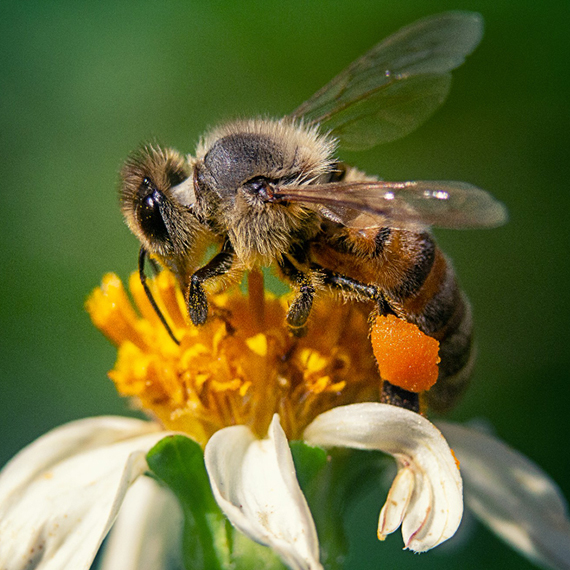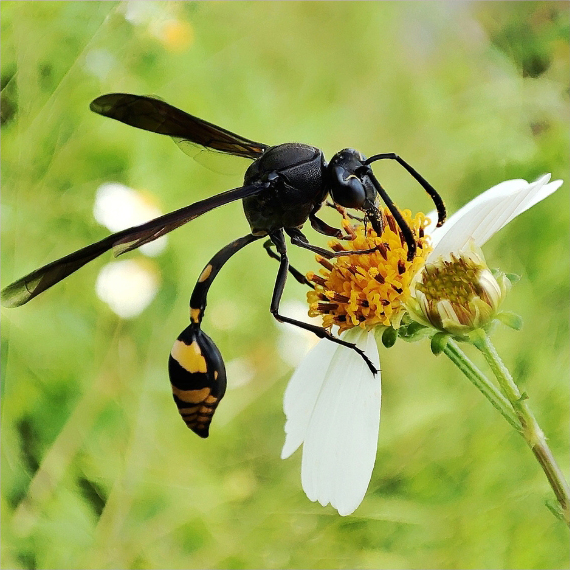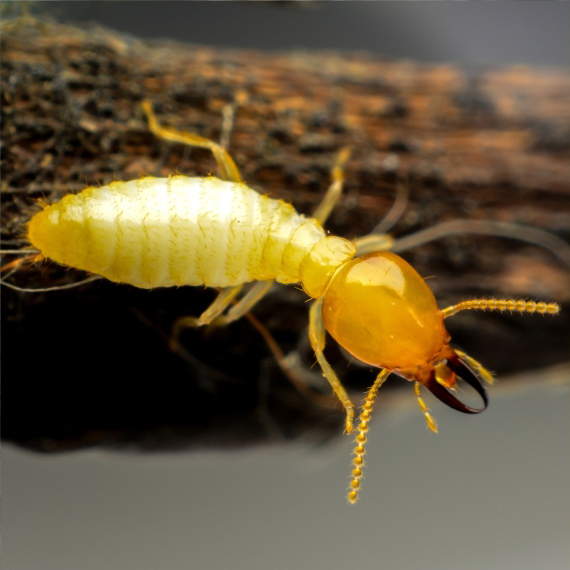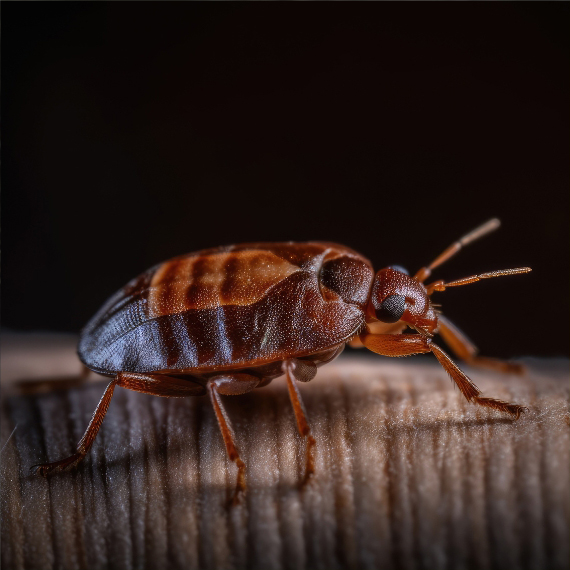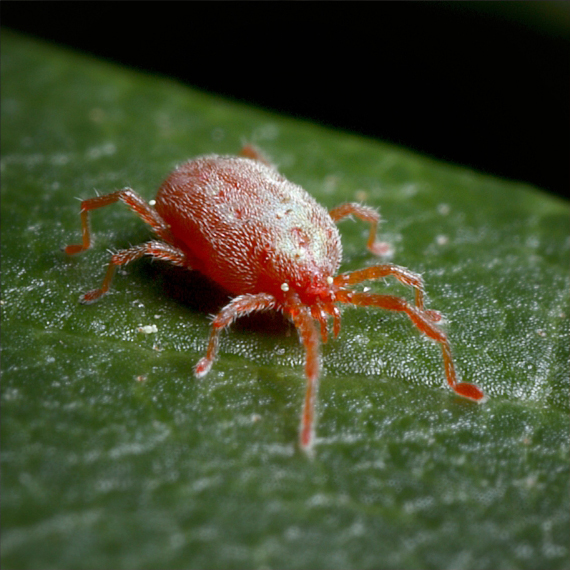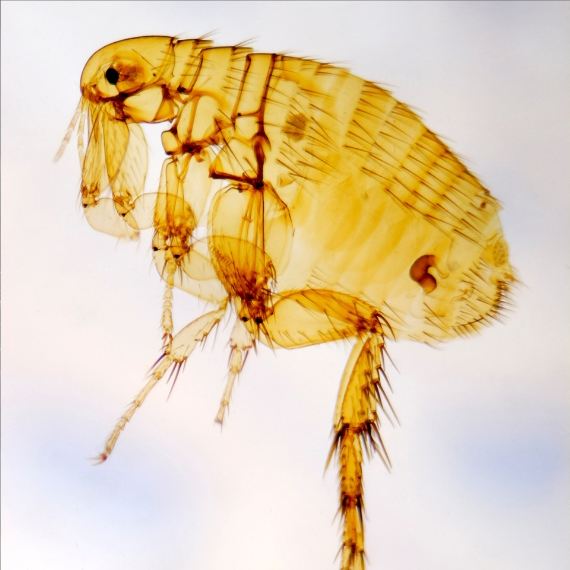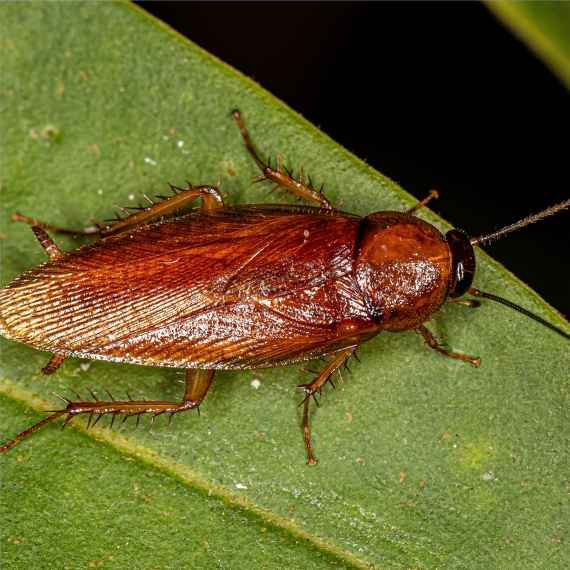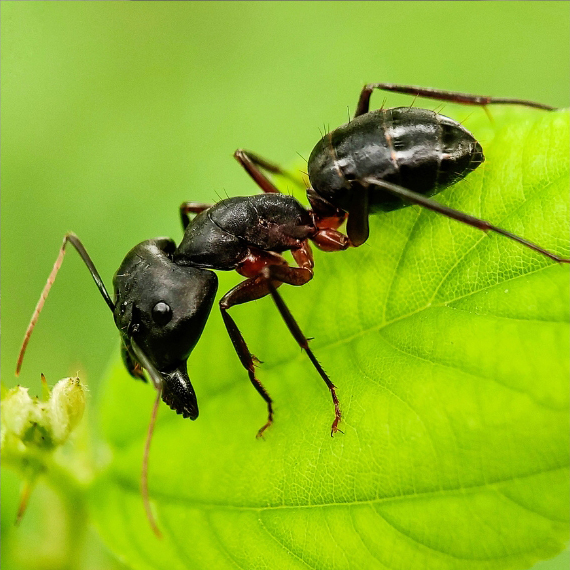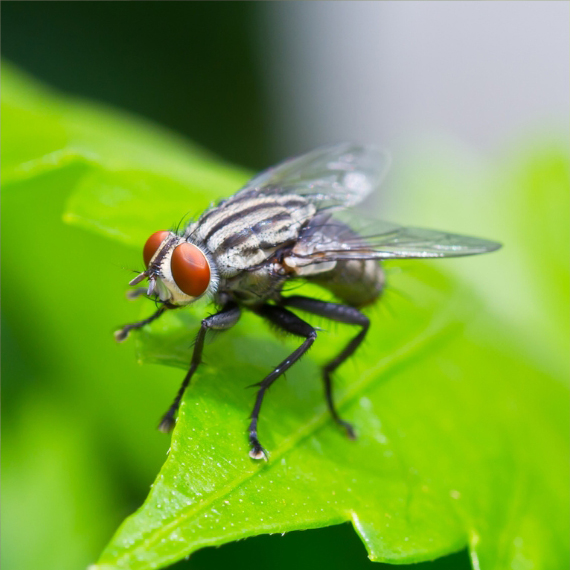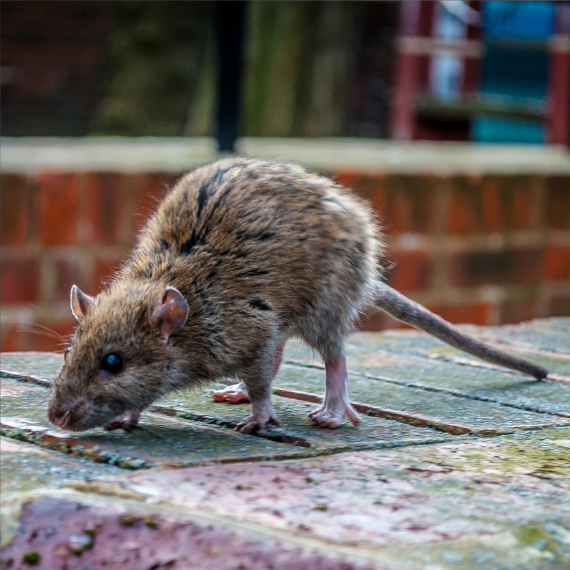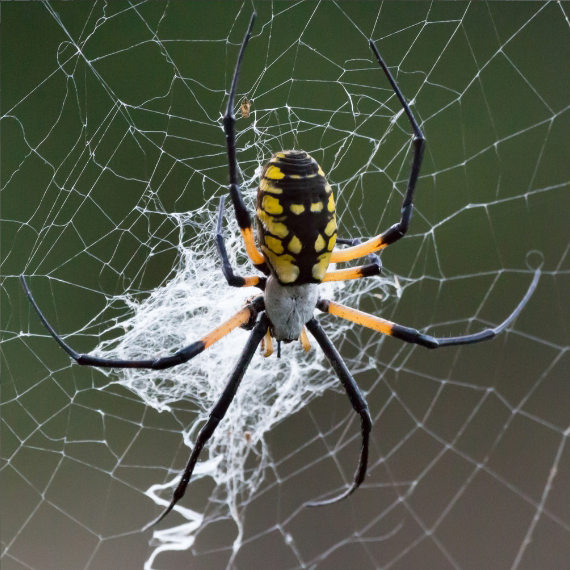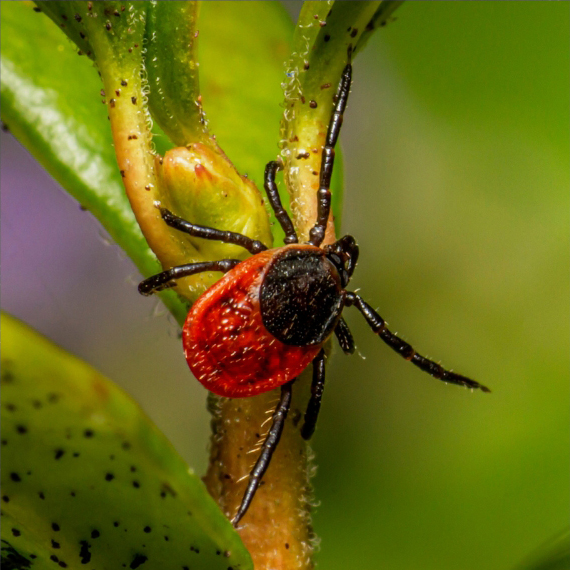Our Services
Do you frequently experience itchiness, bites, welts, and sores? Your home can be infested with fleas. The good news is that fleas are relatively simple to find, treat, and eradicate, even though it’s not pleasant to think about. If you own pets, you may have experienced a flea problem. In addition to treating your pet, you must treat your home to ensure the fleas won’t return.
We already have the answer. We received the appropriate and required Fleas treatments from our pest management business.
Fleas Pest Control Brisbane
There is a reasonable probability that fleas you have found in your home or on your pet have spread to your carpets and other areas. The eggs and larvae will be located in obscure locations, such as inside floor cracks and different regions. Search thoroughly, but be reassured if no visible indicators are discovered. Fleas may hide quite well. Although they cannot fly, fleas may jump a long way. Flea larvae can move around, although they move very slowly. Typically, they do this to obtain food and to go to a safe place. Although there are many distinct types of fleas, cat and dog fleas are the ones that cause the most significant trouble in Australia. The distress and discomfort that flea bites could cause you or your cherished pet is typically the main issue concerning fleas.
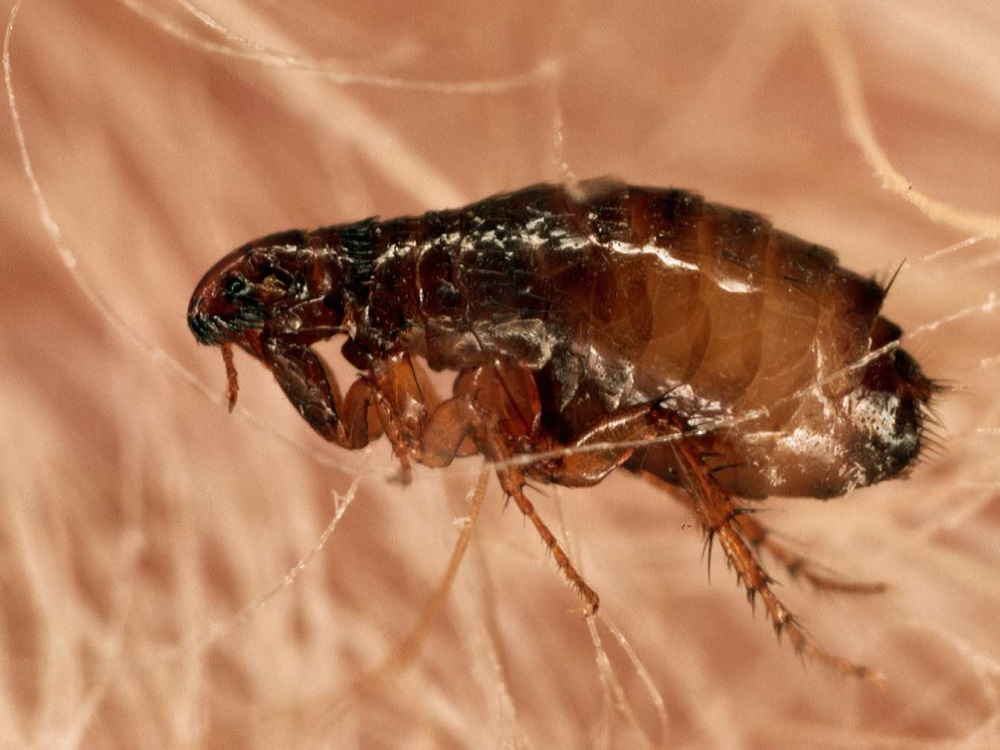
Dog Flea
Adult dog fleas bite humans occasionally and feed on the blood of cats and dogs. It is a pygidium canine dog tapeworm carrier, which can also infect humans.
Cat Flea
Before biting a host, cat fleas frequently cannot establish whether the host is compatible. If it’s deemed inappropriate, the flea quickly slips off.
Bird Flea
In henhouses, breeding facilities, battery cages, and similar situations, bird fleas can multiply astronomically.
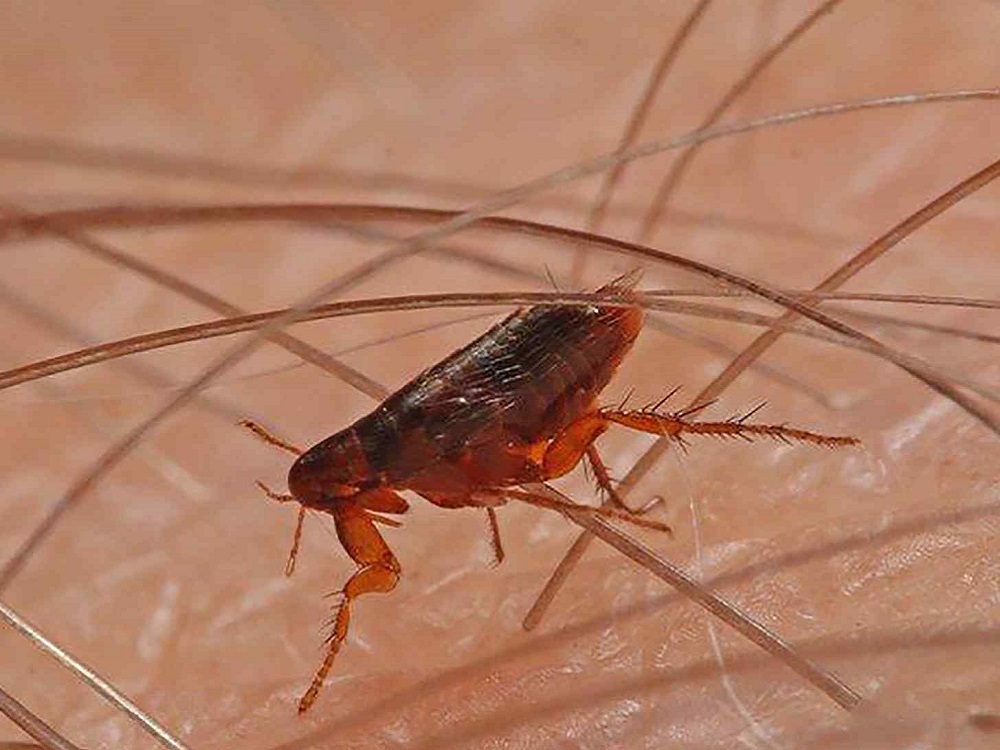
Spot The Signs Of Fleas Infestation
When you suspect a flea infestation, starting by looking at your pet is a good idea. If you quickly check your pet for fleas and discover them, you must treat it immediately with a high-quality home flea treatment (if you don’t already do so regularly).
Fleas may jump around and try to feast on you if you are returning home after being away since they are probably starving.
Fleas like to reside on your pets since they are a source of food and need blood to survive. They maintain a regular schedule of at-home flea treatments to keep fleas at bay. Fleas often don’t become an interior issue, but treating them right once they do is critical.


Health issues caused by Fleas
Depending on the type, fleas are tiny, flightless parasites that feed on the blood of different warm-blooded animals and have the potential to spread illness to their hosts. Fleas may bite humans and are the main carrier of the uncommon bubonic plague, despite the fact that most people believe they are solely an issue for household pets. Although people with pets are most at risk for flea infestations, these biting pests can also enter homes via wild animals like raccoons or skunks that come into a property. The most prevalent kind is the cat flea, which frequently feeds on cats, dogs, and people. We strongly advise calling a professional for flea removal if you think you may have an infestation.
The most frequent carrier of the uncommon bubonic plague is fleas. Infected rats can potentially spread the bacterial illness murine typhus to people. Active flea treatment is a crucial part of caring for pets since fleas may also transmit tapeworms and lead to anemia in animals.
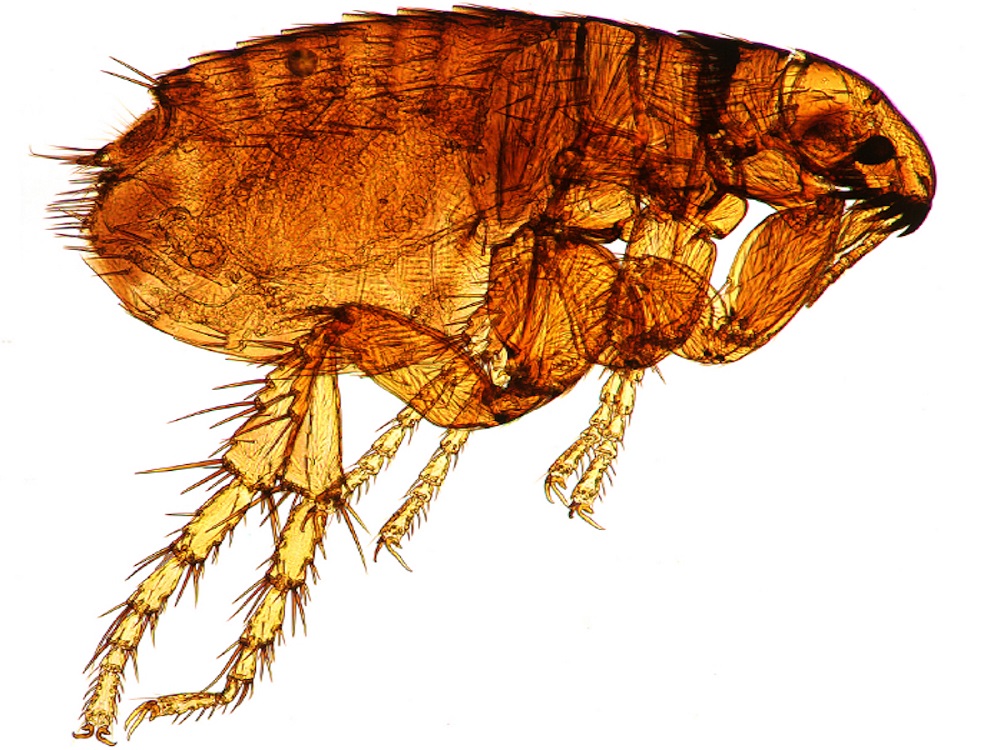
Fleas Treatment In Brisbane
- Keeping up a high level of sanitation is crucial for flea management without the use of pesticides. All furniture, hard surfaces, and floors should be meticulously cleaned. Vacuuming should be done on all carpets and furniture, giving special attention to seams and joints. Bedding and soft furnishings should be washed.
- Fleas are frequently seen in places where domestic pets rest. These regions ought to prioritise initially. Pet bedding needs to be steam cleaned or adequately vacuumed.Outside, weeds and loose debris must be pulled, and lawns must be mowed. This aids in exposing their surroundings and serves as a valuable tool for integrated pest management. Shaded regions are known to be favoured by larvae.
- The risk of fleas spreading inside can be reduced by ensuring that pets and animals cannot reach regions under the home.
- Treat the pet: Pest control (PCO) operators shall advise their customers to treat their pets for fleas. This will prevent fleas from breeding on the animal and reinfesting areas that have been treated. Customers can speak with a nearby veterinary clinic for guidance on effective flea prevention for pets. It is essential to take precautions to prevent the presence of wild or stray animals on the land. Bedding for pets should be treated at the same time.
- Treat the home: In Australia, a wide variety of insecticides are approved for treating fleas. The PCO should do a risk evaluation before choosing a pesticide. To determine whether to begin treatment, the PCO should:
Pesticide space spraying is an effective control strategy. The PCO must restrict access to the treated areas during the application process. Before allowing people and animals back inside treated rooms, the space should be appropriately aired.






